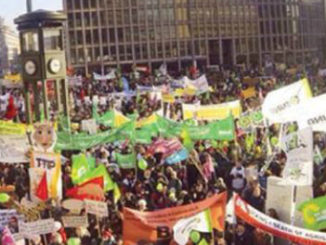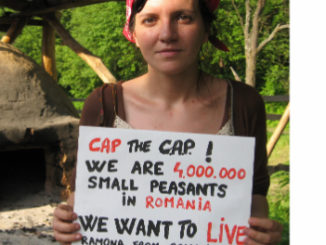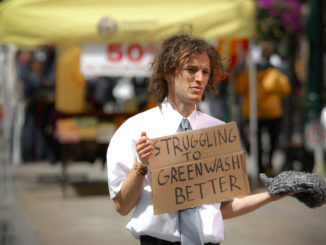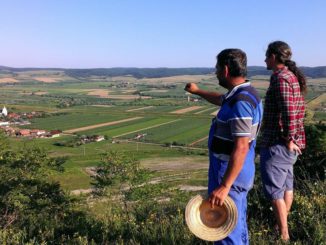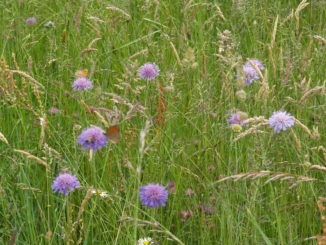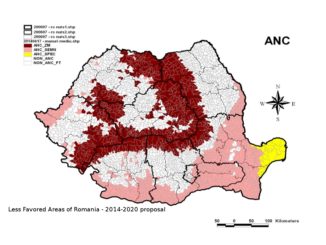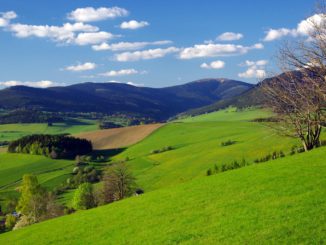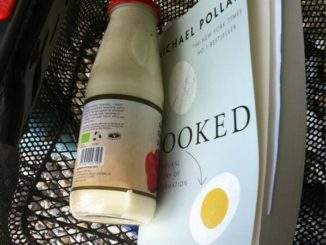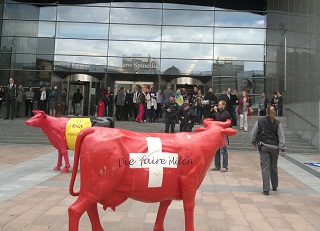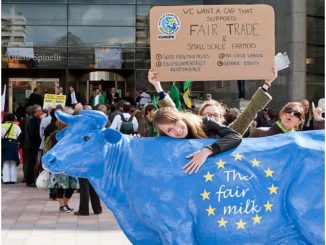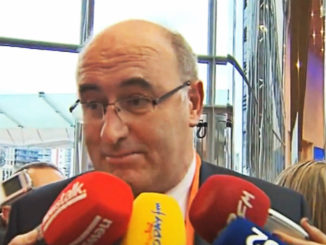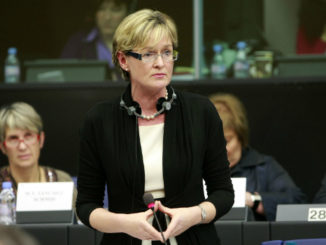
CAP Webinar with Samuel Féret – online now!
+++++UPDATE+++++ In case you missed it or you’d like to reCAP: Watch the webinar ‘Greening or Green-Washing?’ hosted by ARC2020’s Samuel Féret here: By loading the video, you agree to YouTube’s privacy policy.Learn more Load video Always unblock YouTube Guest article by Michaela Skodova Groupe de Bruges ARC2020’s Samuel Feret will deliver a webinar 30 minute CAP Webinars on Tue, Sep 29, 2015 11:30 AM – 12:30 PM BST. To register, please follow this link. Feret’s topic is “CAP: greening or green-washing?”. Feret, Groupe de Bruges president is one of the authors for the CAP Pro course. Each month experts will give a 30 minute webinar on one of the current issues in the implementation of the CAP. Check the ‘Can EU CAP it?’ platform for more information and sign up for the next one. All aspects of the platform are free. Get your CAP on and join us! The platform consists of five parts: CAP Game, CAP Basic videos, CAP Pro course, CAP Webinars & CAP Forums. We would like to raise your attention […]

